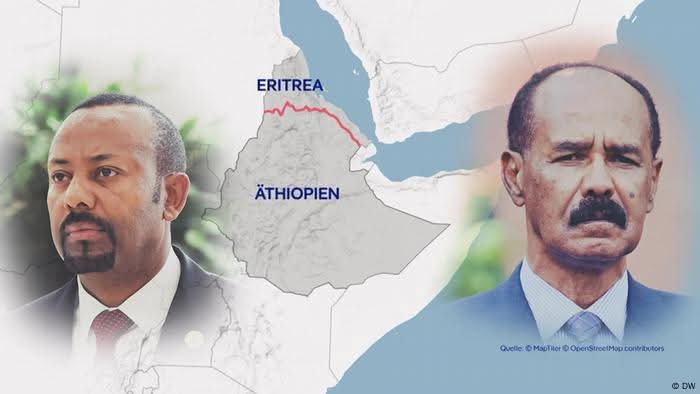Eritrea has intensified its efforts to rebuild and expand its military capabilities, drawing increased scrutiny from international observers and sparking concern among neighboring states.
A recent report by an independent U.S.-based human rights monitoring organization alleges that Eritrea’s growing military strength is contributing to heightened tensions in the Horn of Africa, particularly with Ethiopia. The report claims that Eritrea’s activities have added to the region’s instability and urged the international community to closely monitor developments.
Following the 2018 peace agreement signed between Ethiopia and Eritrea, the United Nations lifted a decade-long arms embargo on Eritrea, allowing it to resume defense-related procurement. Since then, Eritrea has reportedly invested in reinforcing its national defense, prompting debate over the implications for regional security.
Responding to the claims, Eritrea’s Information Minister criticized the report as unfounded and politically motivated. Speaking to international media, he stated that Eritrea is acting within its sovereign rights and rejected suggestions that the country is a source of instability. The minister pointed instead to growing tensions over Ethiopia’s expressed interest in gaining access to a sea port, which he said is fueling unease across the region.
Observers note that Eritrea’s role in the Tigray conflict and earlier sanctions related to Somalia continue to shape perceptions of its defense posture. While no new sanctions have been proposed, some international watchdogs are calling for increased diplomatic engagement to avoid the risk of renewed conflict.
The African Union and other regional bodies have reiterated the need for peaceful dialogue and regional cooperation, especially in light of the heavy toll of past conflicts. An AU report estimates that over 600,000 people died during the Tigray war, underscoring the importance of de-escalation and trust-building across the Horn of Africa.



